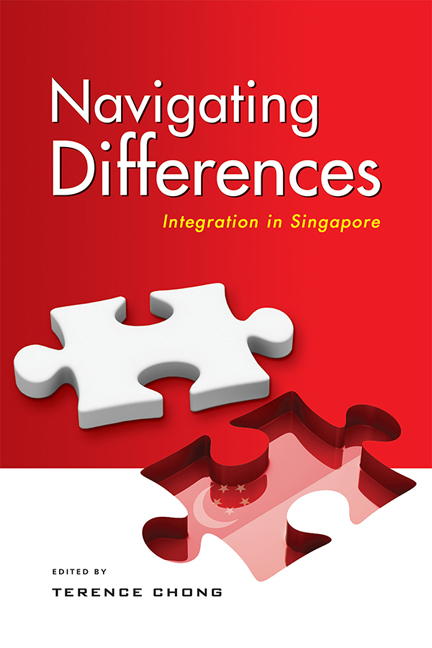3 - Christian Activism in Singapore
Published online by Cambridge University Press: 24 November 2020
Summary
INTRODUCTION
In 2009 a group of local Christian women mounted a challenge to the leadership of women's rights group, AWARE, and subsequently took control of it. They did so because they had felt that the non-governmental organization (NGO) had strayed from its original objective to champion gender equality in the workforce and, instead, actively promoted homosexuality and lesbianism amongst the young. Not only did the takeover spark a national controversy, it also marked the coming of age of Christian activism in Singapore. The Christian takeover was neither by force nor underhanded means but transparently through institutional procedures. Armed with knowledge of the NGO's constitution and election process, the Christian women simply encouraged their supporters to sign up as members who then became eligible to vote in their preferred candidates to the top posts. The incident showed that, in addition to the usual reactive routines like online petitions or indignant letters to the press, the Singaporean Christian community had now accumulated the will and the know-how for concrete action when it came to advancing their moral values. This was a resolutely middle-class Christian feat.
The expansion of the Singapore middle class began in the 1980s. After decades of industrialization and strong economic growth, aided by favourable geopolitical conditions, this emerging middle class began to demonstrate typical characteristics such as mass consumption, the pursuit of intellectual and leisure activities, as well as greater purchasing power. Accompanying the growth of the Singapore middle class was that of the Christian community. This community grew from 14.6 per cent in 2000 to 18.8 per cent in 2015, making it one of the fastest growing faiths in Singapore. In 2010, there were 350,000 Protestant and 219,000 Catholics, although these figures would have increased by now. More pertinent to this chapter, studies have shown Singaporean Christians to be overrepresented in the middle class. For example, Singaporean Christians are well educated with 32 per cent holding a university degree, more than any other religious community. Singaporean Christians are also more likely than any other religious community to live in private or landed property.
- Type
- Chapter
- Information
- Navigating DifferencesIntegration in Singapore, pp. 36 - 55Publisher: ISEAS–Yusof Ishak InstitutePrint publication year: 2020

